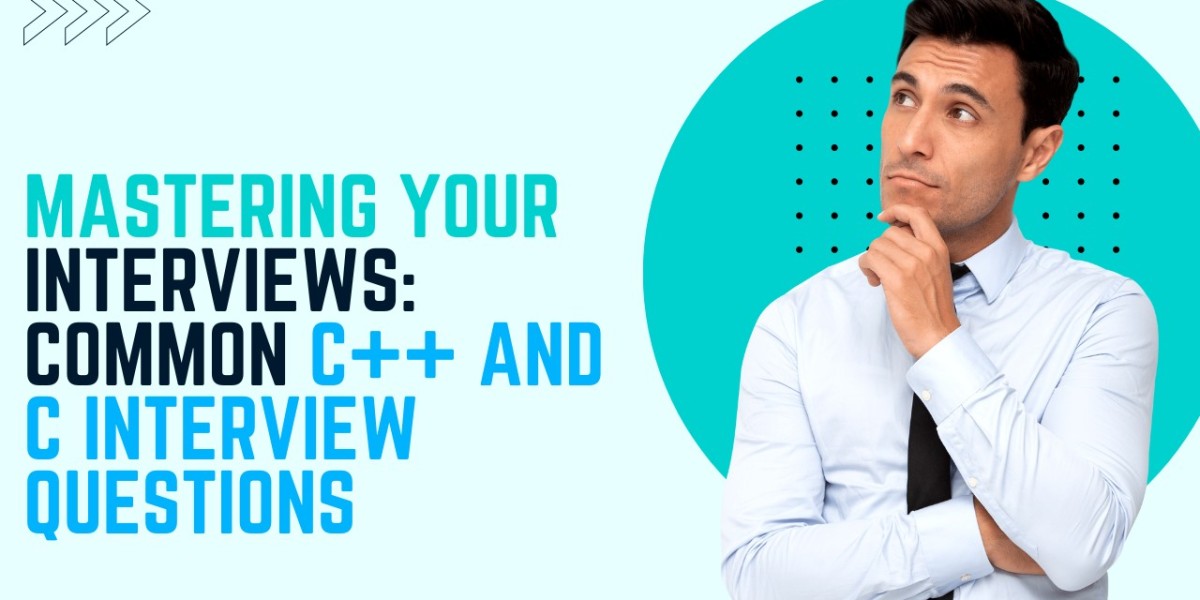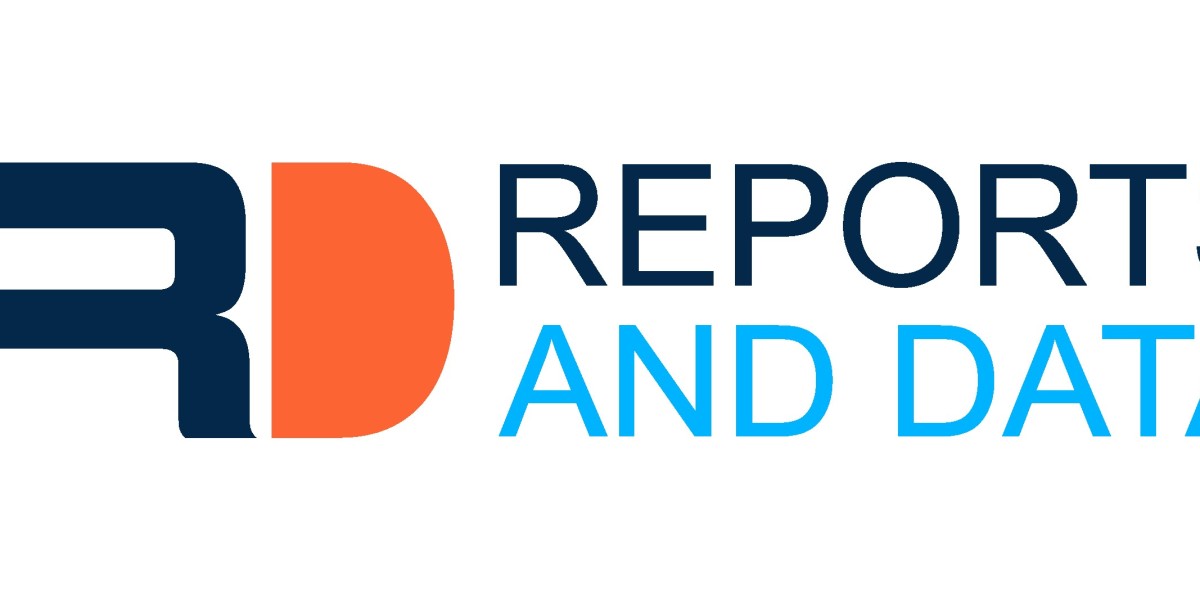Navigating the labyrinth of technical interviews can be daunting, especially when the focus is on programming languages like C and C++. With numerous concepts and nuances to grasp, preparing effectively is key. This guide delves into some of the most common C++ and C interview questions, offering insights and tips to help you stand out. If you’re aiming to ace your interviews, check out our resources for C++ interview questions and C Interview Questions for additional preparation.
Understanding the Basics: What You Need to Know
When preparing for interviews in C and C++, it’s crucial to start with the fundamentals. Both languages share similarities but also have distinct differences that can influence the type of questions you encounter. Here's a foundational overview to help you get started:
Fundamentals of C and C++
- Syntax and Semantics: While C++ builds on C, it introduces additional syntax and semantics. Familiarize yourself with the basics of both languages, such as data types, control structures, and functions.
- Object-Oriented Programming (OOP) in C++: Unlike C, C++ supports object-oriented programming. Be prepared to discuss concepts like classes, inheritance, polymorphism, and encapsulation.
- Memory Management: Both languages require a solid understanding of pointers, memory allocation, and deallocation. Expect questions that test your ability to manage memory efficiently.
Common C++ Interview Questions
- What is the difference between C and C++?
This classic question aims to gauge your understanding of the fundamental differences between the two languages. Highlight that C++ is an extension of C with added features like classes and objects, while C is a procedural language. - Explain the concept of Constructors and Destructors.
Constructors and destructors are essential in C++. A constructor initializes an object when it is created, while a destructor cleans up resources when the object is destroyed. Be prepared to discuss various types of constructors and destructors, such as default, parameterized, and copy constructors. - What are virtual functions in C++?
Virtual functions are a cornerstone of polymorphism in C++. They allow derived classes to override methods defined in a base class. Discuss the concept of dynamic binding and how virtual functions facilitate runtime polymorphism. - How does C++ handle inheritance?
Inheritance is a key feature of OOP. Be ready to explain the different types of inheritance (single, multiple, hierarchical, and hybrid) and their implications for code reuse and design. - What is the Standard Template Library (STL)?
The STL is a powerful feature in C++ that provides a collection of template classes and functions for common data structures and algorithms. Discuss various components of STL such as vectors, lists, sets, and maps, and how they simplify coding.
Common C Interview Questions
- What is a pointer, and how is it used in C?
Pointers are a fundamental aspect of C programming. Explain how pointers are used to store addresses, manipulate data, and manage dynamic memory. - What is the difference between a stack and a heap?
Understanding the distinction between stack and heap memory is crucial. The stack is used for static memory allocation, while the heap is used for dynamic memory allocation. Be prepared to discuss scenarios where each is appropriate. - Explain the concept of a function pointer.
Function pointers are used to store the address of a function, allowing dynamic function calls. Discuss how they are declared, initialized, and used in C programs. - What are the different storage classes in C?
Storage classes determine the scope, visibility, and lifetime of variables. Explain the different storage classes, including auto, register, static, and extern, and their implications. - What is the role of the preprocessor in C?
The C preprocessor handles directives like #include, #define, and #ifdef. Describe how these directives are used for including header files, defining macros, and conditional compilation.
Advanced Topics in C and C++ Interviews
As you delve deeper into interview preparation, expect questions that test your understanding of advanced concepts:
In C++:
- What is RAII (Resource Acquisition Is Initialization)?
RAII is a programming idiom used to manage resources through object lifetimes. Discuss how constructors and destructors play a role in resource management and exception safety. - How do you implement operator overloading in C++?
Operator overloading allows custom operations on user-defined types. Explain how to overload operators and the benefits it brings to class design. - What is a smart pointer?
Smart pointers, such as unique_ptr and shared_ptr, are used for automatic memory management. Discuss their advantages over raw pointers and scenarios where they are beneficial.
In C:
- How do you implement a linked list in C?
Linked lists are a common data structure in C. Describe the implementation of singly and doubly linked lists, including node creation, insertion, deletion, and traversal. - What are macros and how are they different from functions?
Macros are preprocessor directives used for code substitution. Explain their benefits and drawbacks compared to functions, including issues related to debugging and type safety. - What is a segmentation fault, and how can it be avoided?
A segmentation fault occurs due to invalid memory access. Discuss common causes, such as dereferencing null pointers or accessing out-of-bounds array elements, and strategies for avoiding them.
Preparation Tips for C++ and C Interviews
- Practice Coding Problems: Engage with coding challenges on platforms like LeetCode or HackerRank. Focus on problems that require a deep understanding of C++ and C concepts.
- Review Past Interview Questions: Use resources such as C++ interview questions and C Interview Questions to familiarize yourself with common questions and solutions.
- Understand the Underlying Concepts: Don’t just memorize answers—understand the underlying principles. This will help you tackle unexpected questions and demonstrate a deep grasp of the language.
- Simulate Real Interviews: Practice with mock interviews to get a feel for the format and pressure. This can help build confidence and improve your ability to think on your feet.
Conclusion
Mastering your interviews in C++ and C requires a blend of theoretical knowledge and practical experience. By familiarizing yourself with common questions, understanding key concepts, and practicing regularly, you can enhance your performance and stand out to potential employers. Don’t forget to explore additional resources for C++ interview questions and C Interview Questions to further boost your preparation.
With dedication and the right approach, you’ll be well-equipped to tackle the challenges of C++ and C interviews, paving the way for a successful career in programming. Good luck!
FAQ: Mastering Your Interviews with C++ and C
- What are some common C++ interview questions I might encounter?
Common C++ interview questions often include topics such as:
- The differences between C and C++.
- The role of constructors and destructors.
- The concept of virtual functions and their use in polymorphism.
- How C++ handles inheritance, including various types.
- Understanding and using the Standard Template Library (STL).
For a deeper dive into these questions, consider reviewing additional resources and practice problems.
- How should I prepare for C interview questions?
Preparation for C interview questions involves:
- Understanding fundamental concepts such as pointers, stack vs. heap memory, and function pointers.
- Familiarizing yourself with storage classes and preprocessor directives.
- Practicing coding problems related to linked lists, memory management, and common data structures.
Utilizing online resources and coding platforms can greatly enhance your preparation.
- What is the best way to handle advanced topics in C and C++ interviews?
To handle advanced topics:
- Study concepts like RAII (Resource Acquisition Is Initialization) in C++, operator overloading, and smart pointers.
- For C, focus on advanced data structures, macros vs. functions, and managing segmentation faults.
- Engage with complex problems and case studies to deepen your understanding.
- How can I practice for technical interviews effectively?
Effective practice involves:
- Solving coding challenges on platforms like LeetCode, HackerRank, or CodeSignal.
- Reviewing past interview questions and solutions to understand common patterns.
- Participating in mock interviews to simulate real-world conditions and improve problem-solving under pressure.
- What are some common mistakes to avoid during C and C++ interviews?
Common mistakes include:
- Not fully understanding the underlying concepts behind common problems.
- Focusing too much on memorization rather than problem-solving skills.
- Neglecting to practice coding under time constraints.
To avoid these pitfalls, focus on grasping the core principles and practice coding in a timed setting.
- How important is understanding the Standard Template Library (STL) in C++ interviews?
Understanding the STL is crucial as it provides ready-to-use data structures and algorithms that are widely used in C++ programming. Knowing how to utilize vectors, lists, sets, and maps efficiently can significantly impact your interview performance.
- Are there any specific resources for C++ and C interview questions?
Yes, there are several resources available:
- C++ Interview Questions provides a comprehensive list of questions and answers for C++.
- C Interview Questions offers similar resources for C.
These resources can help you understand common questions and prepare effectively for your interviews.
- How can I simulate a real interview environment for practice?
To simulate a real interview environment:
- Set up timed coding challenges to mimic the pressure of an actual interview.
- Practice explaining your thought process and solutions as if you were speaking to an interviewer.
- Use mock interview platforms or conduct practice interviews with peers.
- What should I focus on if I have limited time for interview preparation?
If you have limited time, prioritize:
- Key concepts and frequently asked questions in both C and C++.
- Practice problems that cover fundamental and advanced topics.
- Reviewing core principles rather than trying to cover every possible question.
- How do I deal with unexpected questions during the interview?
If faced with unexpected questions:
- Take a moment to think through the problem before responding.
- Break down the question into smaller parts and address each part systematically.
- Don’t hesitate to ask for clarification or more information if needed.



